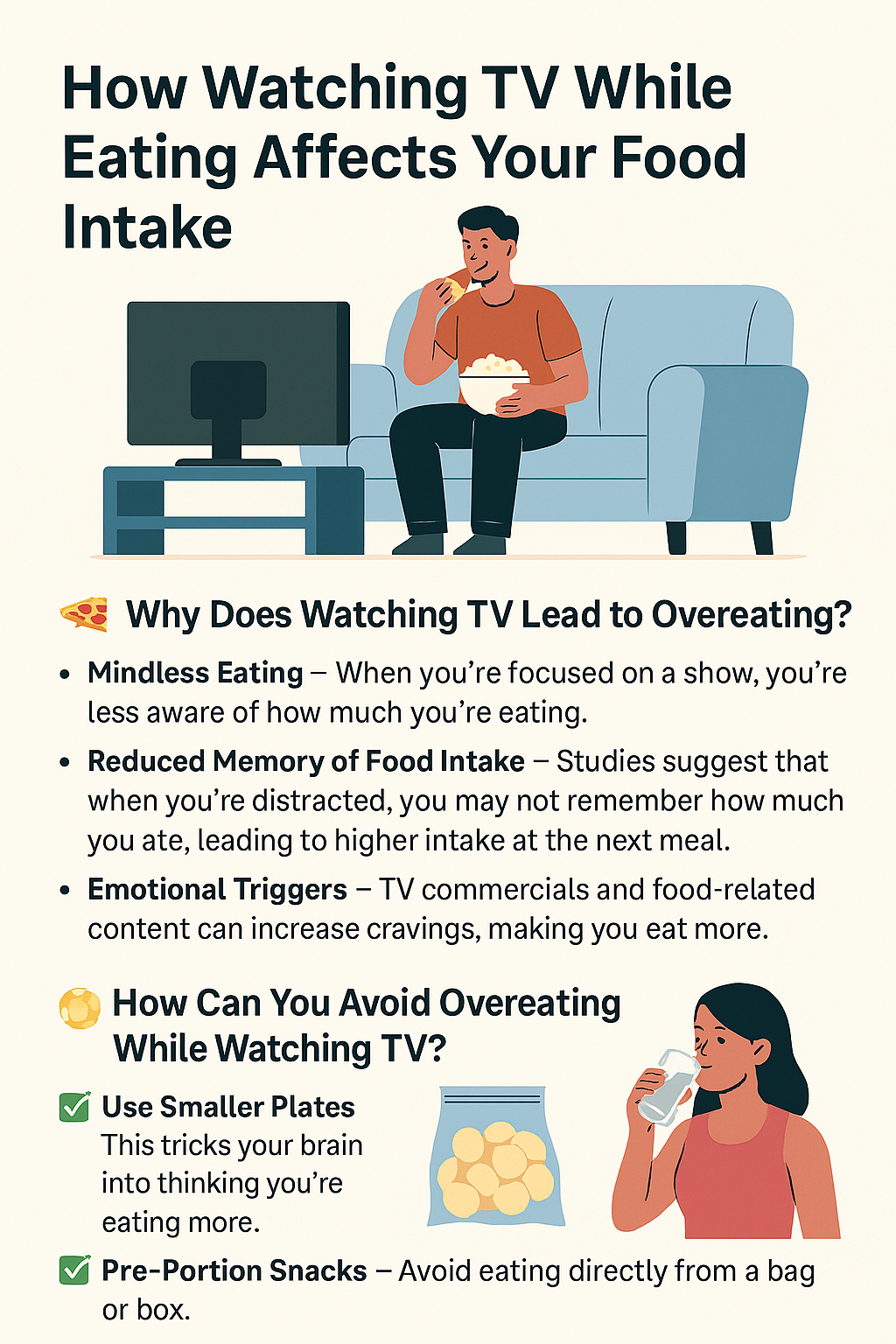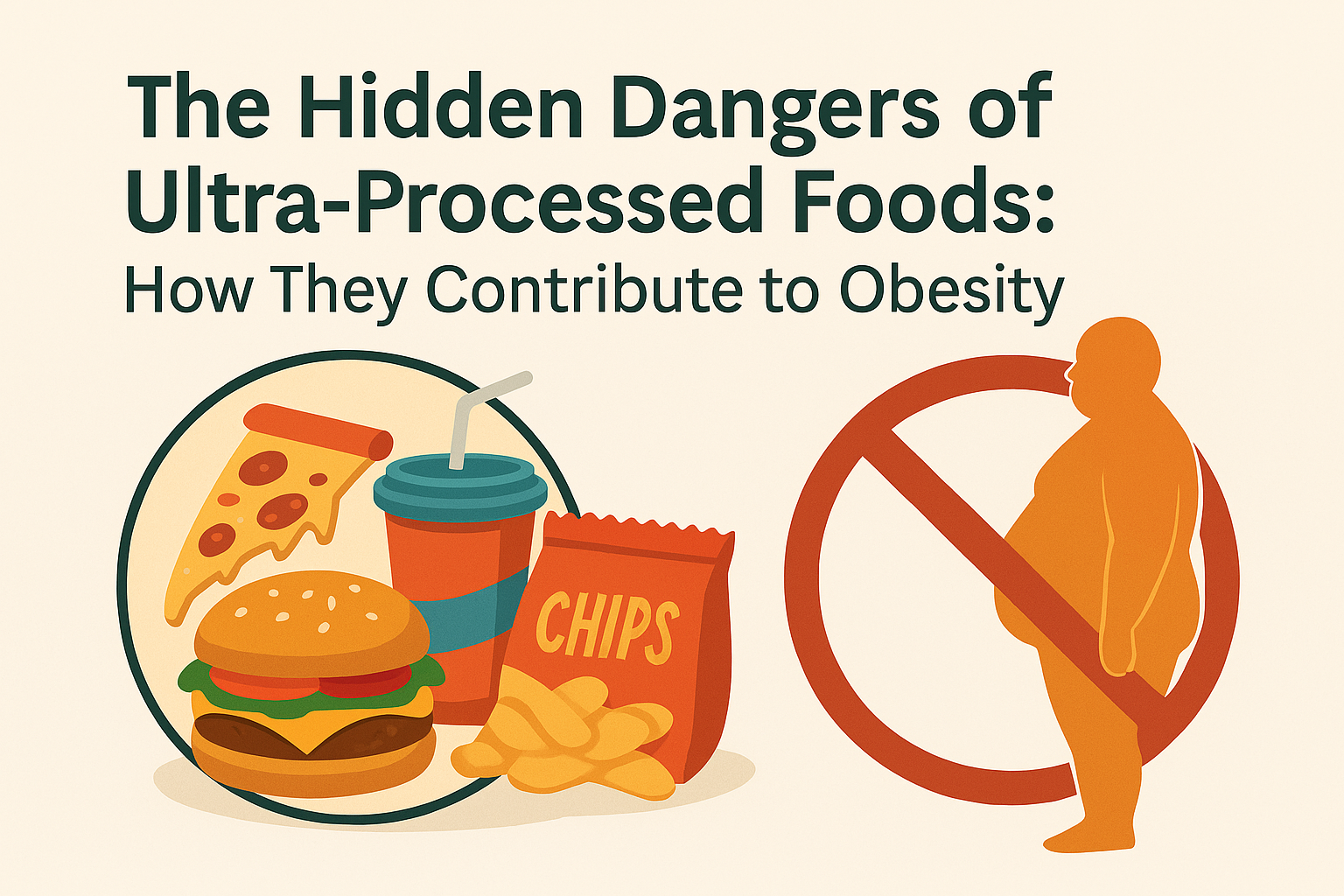🛌 How Much Sleep Is Actually Enough? The Science (and Reality) Behind Healthy Sleep Durations
Sleep is often described as the third pillar of health—right alongside nutrition and exercise. But how much sleep do we really need? The answer isn’t as simple as “eight hours a night.” In fact, your ideal sleep duration depends on several factors, especially your age. Let’s break it down.

📊Recommended Sleep Durations by Age Group
| Age Group | Recommended Sleep (per 24 hours) |
|---|---|
| Infants (4–12 months) | 12–16 hours (including naps) |
| Toddlers (1–2 years) | 11–14 hours (including naps) |
| Preschoolers (3–5 years) | 10–13 hours (including naps) |
| School-age (6–12 years) | 9–12 hours (including naps) |
| Teens (13–18 years) | 8–10 hours (including naps) |
| Adults (18+) | At least 7 hours per night |
🧠 Sleep Is More Than Just a Number
Sleep duration is important—but sleep quality matters just as much. Let’s explore a few factors that can influence how much sleep your body truly needs:
Interrupted or fragmented sleep (even if the total
hours seem
okay) can leave you feeling groggy and
unfocused. High-quality sleep means cycling smoothly through sleep stages, especially
deep and
REM
sleep.
Been running on fumes lately? Your body may need extra
sleep to
recover. That’s called sleep debt—and unlike financial debt, you can’t repay it all in
one go.
sleep.
Hormonal shifts and physical discomfort during pregnancy
often
disrupt sleep, leading to increased fatigue and a greater need for rest.
Older adults need roughly the same amount of sleep as younger
adults,
but they often find it harder to fall and stay asleep. It’s also common for sleep to
become
lighter and more fragmented with age.
👶 Why Sleep Matters—At Every Age
For kids and teens, getting the right amount of sleep isn’t just about avoiding crankiness. It directly impacts:
- Attention span and learning
- Memory formation
- Emotional regulation
- Physical growth
- Immune function
For adults, chronic sleep deprivation (regularly sleeping less than 7 hours per night) has been linked to:
- Increased risk of weight gain and obesity/li>
- Type 2 diabetes
- High blood pressure
- Stroke
- Depression
In short: Your brain and body need sleep to function at their best. Think of it as free medicine—only it requires you to turn off your devices and lie down for a bit. 😉
🩺 Concerned About Sleep? Here's What to Do
If you or your child is constantly tired despite getting what seems like “enough” sleep, it may be worth speaking to a doctor. Sometimes sleep issues can be linked to underlying conditions like insomnia, anxiety, or sleep apnea.
💤☕ A Final Thought
In a culture that often glorifies hustle and late nights, prioritizing sleep might feel like a luxury. But science says it’s a necessity. Sleep isn’t time wasted—it’s time well-invested in your physical and mental well-being.
Reviewed by: NutriWise Editorial Team
Sources: POUNDS Lost Study, Harvard Nutrition Source












